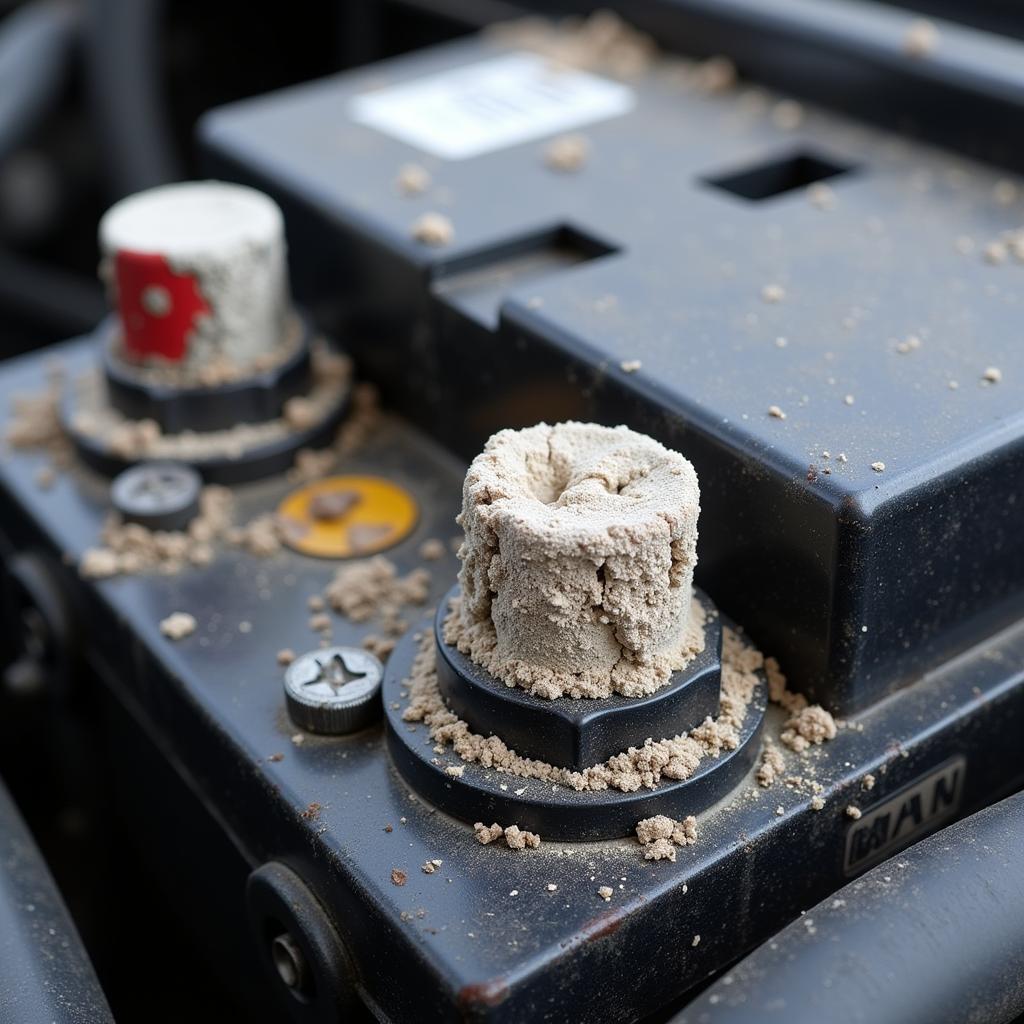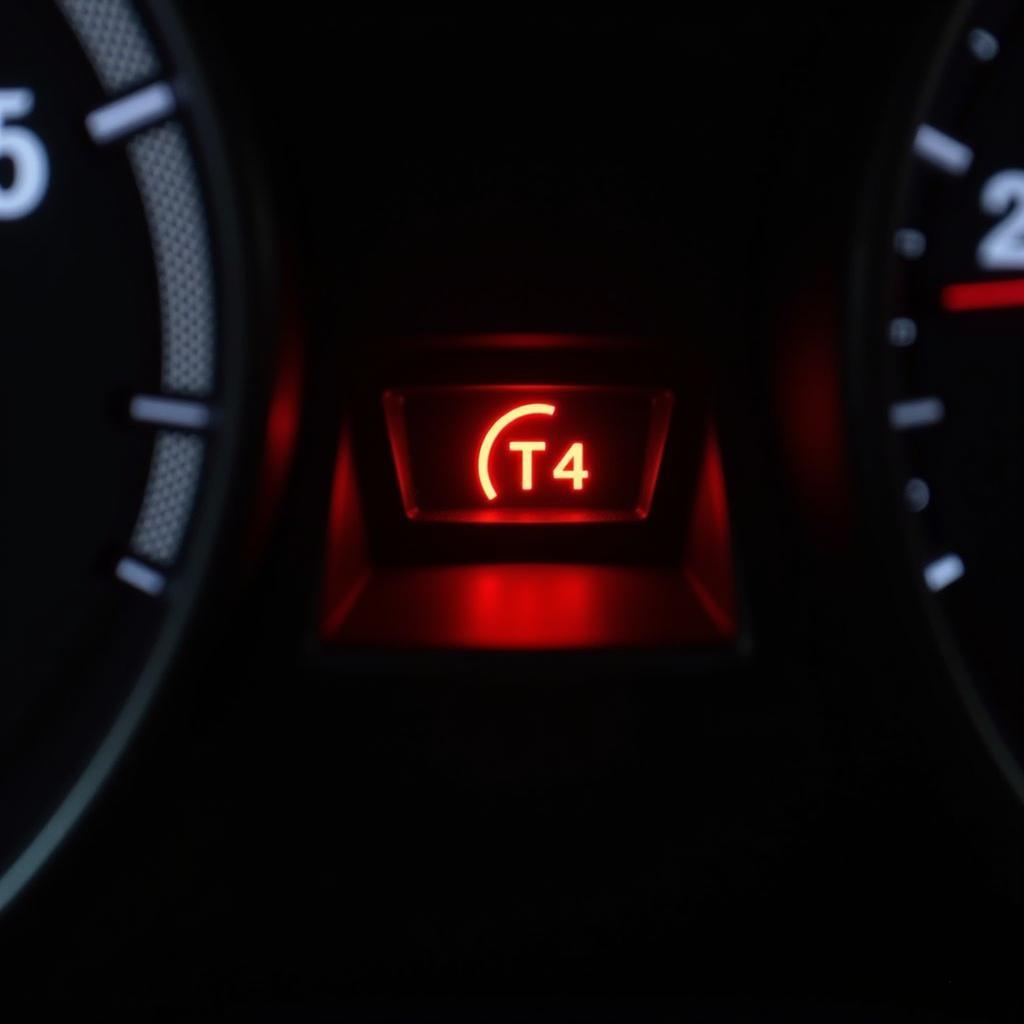A dead car battery is a frustrating experience, leaving you stranded and needing a jumpstart. Preventing a dead battery is often easier than dealing with the consequences. This guide provides practical tips and diagnostic advice to keep your car battery from dying, ensuring reliable starts every time. Learn how to identify potential problems and implement preventative measures for a healthy battery life.
Understanding Why Car Batteries Die
Before we delve into preventative measures, let’s understand the common culprits behind a dying car battery. This knowledge is crucial for effective troubleshooting and long-term battery health. Several factors can contribute to a battery’s demise, including:
- Age: Like any component, car batteries have a limited lifespan. Typically, they last between three to five years. Extreme temperatures can significantly shorten this lifespan.
- Parasitic Drain: Even when your car is off, certain electrical components continue to draw power, albeit a small amount. This is known as parasitic drain, and over time, it can completely deplete a battery. Common culprits include faulty interior lights, glove box lights, or even aftermarket electronics.
- Extreme Temperatures: Both extreme heat and cold can stress a car battery. Heat can accelerate the chemical reactions within the battery, leading to faster degradation. Cold temperatures reduce the battery’s capacity to hold a charge.
- Short Trips: Short trips don’t allow the alternator sufficient time to recharge the battery fully, especially after the drain from starting the engine. This can lead to a gradual discharge over time.
- Corroded Terminals: Corrosion on the battery terminals can impede the flow of electricity, preventing the alternator from charging the battery effectively and hindering the engine’s ability to start.
- Faulty Alternator: The alternator is responsible for recharging the battery while the engine is running. A malfunctioning alternator won’t replenish the battery’s charge, leading to a dead battery.
 Car Battery Corrosion on Terminals
Car Battery Corrosion on Terminals
Practical Tips to Keep Your Car Battery From Dying
Keeping your car battery healthy requires proactive maintenance and a keen eye for potential issues. Here are some practical tips to extend its lifespan and avoid unexpected breakdowns:
- Regularly Clean Battery Terminals: Corrosion on battery terminals can disrupt the electrical connection. Use a wire brush and a mixture of baking soda and water to clean the terminals and remove any corrosion.
- Limit Short Trips: Whenever possible, combine short trips or allow the car to run for a longer period to allow the alternator to fully recharge the battery. This is especially important in colder climates.
- Turn Off All Accessories Before Exiting: Ensure all lights, radio, and other accessories are turned off before you turn off the ignition. This minimizes parasitic drain.
- Get Your Battery Tested Regularly: A simple battery test can identify potential issues before they become major problems. Most auto parts stores offer free battery testing.
- Park in a Garage During Extreme Temperatures: Shielding your car from extreme heat or cold can significantly extend your battery’s lifespan. If a garage isn’t available, consider using a car cover.
“Regular battery maintenance is often overlooked, but it’s crucial for avoiding unexpected breakdowns,” advises John Smith, a certified automotive technician with over 20 years of experience. “A simple check of the terminals and a voltage test can save you a lot of hassle in the long run.”
Troubleshooting a Dying Car Battery
If you’re experiencing frequent dead battery issues, it’s time to investigate further. Here are some troubleshooting steps:
- Check for Parasitic Drain: Use a multimeter to measure the current draw when the car is off. If the draw is higher than normal, systematically disconnect fuses to identify the source of the drain. You might find some helpful information on how to replace your key fob battery on our site, for example, how to replace audi key fob battery, audi q5 key fob battery replacement, and audi a4 key fob battery replacement.
- Test the Alternator: A faulty alternator is a common cause of battery problems. Have your alternator tested at an auto parts store or a mechanic.
- Inspect the Battery Cables: Damaged or loose battery cables can also contribute to charging issues. Check for any signs of damage or fraying and ensure they are securely connected to the terminals.
“A failing alternator can manifest in various ways, from dimming headlights to a repeatedly dead battery,” explains Jane Doe, an electrical systems specialist. “Don’t delay getting it checked if you suspect a problem.” For more information about Audi key fob batteries, check our guides on Audi Q7 key fob battery replacement and Audi battery key fob.
Conclusion
Keeping your car battery from dying is essential for reliable and hassle-free driving. By understanding the factors that contribute to battery failure and implementing proactive maintenance practices, you can significantly extend its lifespan and avoid unexpected breakdowns. Regular inspections, cleaning, and timely troubleshooting are key to maintaining a healthy battery and ensuring your car starts every time. Remember, a little preventative care goes a long way in preventing a dead car battery and keeping you on the road.
FAQ
- How often should I clean my car battery terminals? Cleaning your battery terminals every six months is generally recommended, especially in harsher climates.
- What is the average lifespan of a car battery? Most car batteries last between three to five years, although this can vary depending on usage and climate conditions.
- How can I test my car battery at home? You can use a multimeter to test the voltage of your car battery. A fully charged battery should read around 12.6 volts.
- What are the signs of a failing alternator? Dimming headlights, flickering interior lights, and a repeatedly dead battery are common signs of a failing alternator.
- What should I do if my car battery dies? If your car battery dies, you can jumpstart it using jumper cables and another vehicle or a portable jump starter.
- Can I leave my car unused for an extended period without the battery dying? If you plan to leave your car unused for an extended period, consider using a battery maintainer to prevent it from discharging.
- How do I know if my car battery needs to be replaced? If your battery is old, struggles to hold a charge, or fails a load test, it’s likely time for a replacement.


